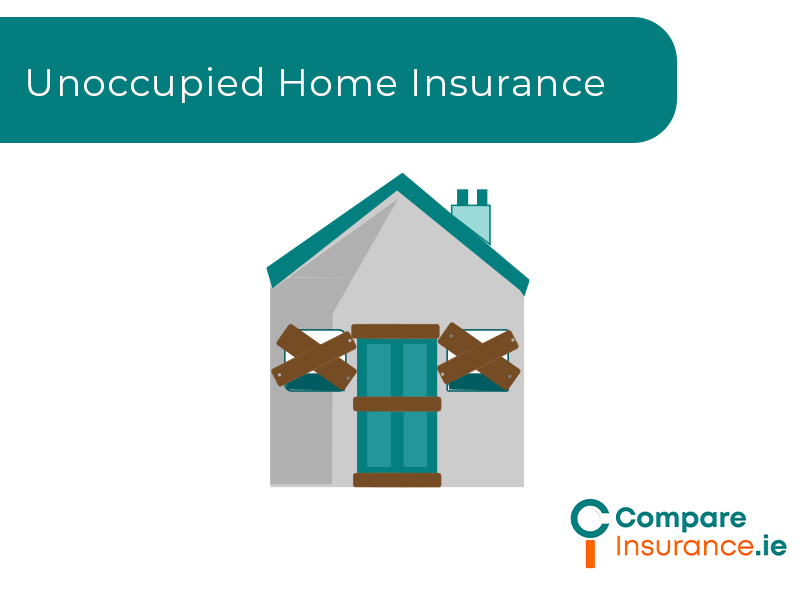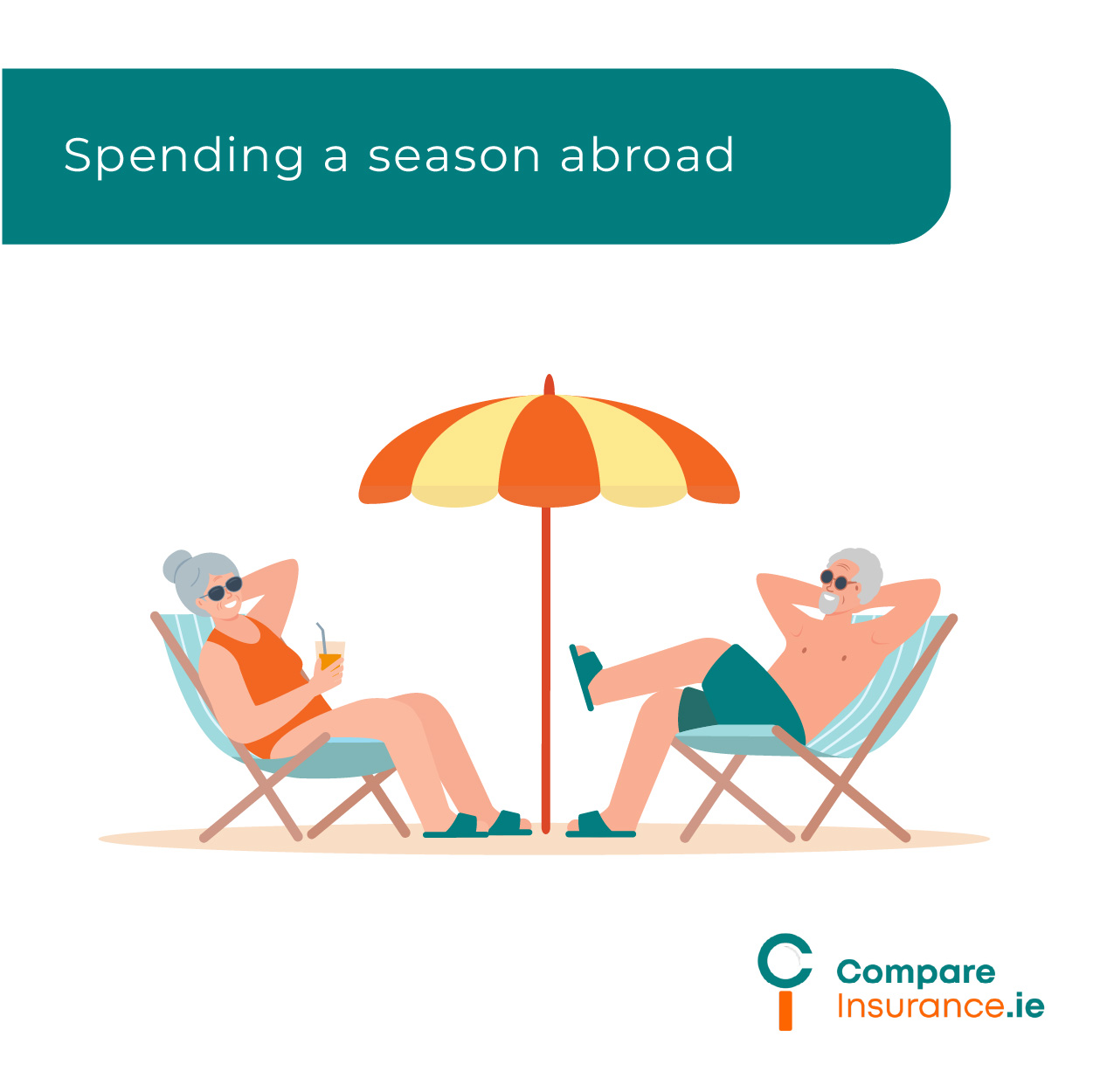Retirement brings freedom from the constraints of the daily grind and restrictions such as school timetables so you can take off whenever you choose.
However, if your retirement plans include escaping the winter cold and rain with seasons in sunnier climes, you may have concerns about your home insurance and whether your home will be protected whilst you are away,
Compare Insurance can help you to find the best home insurance at any stage of life. Whatever your age or lifestyle, we can find affordable insurance solutions for you.
Home insurance for retirees
Your home insurance offers protection for unexpected events so that when something goes wrong you won’t be heavily out of pocket.
Policies typically cover fire, theft, vandalism, storm damage, escape of water or oil, and third party liability. Most home insurance policies also include 24/7 emergency assistance.
Does being retired affect my home insurance?
Yes, being retired or of retirement age may affect your home insurance.
Some home insurers recognise that having a number of years experience of being a homeowner and maintaining your home, especially if you have been claims free, means that you are statistically less likely to make a claim and reward this with a careful home owners or an over 60’s discount on your premium.
Likewise, when you are retired, insurers may assume that you spend more time at home, especially during the day, and this may mean a lower home insurance premium.
But does your home insurance offer protection when you are away for a longer holiday or for an extended period?
Home insurance for extended holidays
Where your home is unattended for more than 30 days, you may not be protected by your current home insurance policy.
This does not affect shorter holidays and you can be reassured that a short break will not affect your home insurance provided you leave your home secure.
But if you look at the terms and conditions in most home insurance policies, you will see that you may not be covered when you are away from home for a season as your home would be considered ‘unoccupied’.
An unoccupied property would include a home where the owners are away for more than 30 to 60 days, depending on your insurer and the details of your home insurance policy.
Home insurance and unoccupied homes
Your home insurer will most likely require that you inform them if you intend to be absent from your home for a certain length of time, such as a season abroad.
One option provided by some home insurers may be continued protection on a fire cover only basis. This is where your cover is restricted to cover for fire damage and fire brigade charges.
This means that you would no longer be protected for other events such as storm or weather damage, break ins or vandalism, or third party liability such as a roof tile falling off and injuring someone or damaging their property.
Be aware that, while it may be tempting to just go away for the season without informing your home insurer, doing so would mean that you would not be protected in the event of a claim and you could invalidate your cover and find it extremely difficult to get insurance cover in the future.

Risks of leaving your home unoccupied
Home insurers do not generally cover unoccupied homes as the risk of something happening that will necessitate a claim may be higher when you are not around.
There may be a higher likelihood of a water leak or weather damage going unnoticed and causing further damage to the property meaning that repairs could become far more costly than the initial damage.
The threat of your home being broken into or vandalised also increases the longer it is left empty, especially if there are visible signs of unoccupation such as unopened post building up or the garden beginning unkempt.
Unoccupied home cover
If you plan to travel for an extended holiday or for a winter in the sun, first check the details of your current home insurance policy and speak to your current home insurer.
You may need to consider a specific unoccupied home insurance policy. This will offer protection if your home is empty for an extended period and may offer a higher level of protection than fire only cover.
Unoccupied home insurance may offer cover for storm or weather damage, theft and vandalism, fire, and third party liability although it usually costs more than standard home insurance. This type of insurance may not cover your home’s contents or you may need to arrange additional cover for these.
Precautions when leaving your home unoccupied
Home insurance that offers protection while you are away may require you to take extra safety measures and precautions.
Some insurers may offer continued protection with specific conditions, such as inspections, security measures, turning off water or leaving heating running for a time during the day while you plan to be away.
You would need to ensure that your home is in a good state of repair before you go away and ensure that you leave it safe and secure for the duration of your absence. If you have a house alarm, it should be armed and operational at all times.
You may also need to arrange someone to check your home periodically to ensure that all is well and that mail etc. is removed. This will also allow any damage or maintenance issues to be addressed promptly.
Compare Insurance for home insurance
Specific unoccupied home insurance is generally only available from specialist underwriters. If you are planning an extended winter sun break or a season abroad, speak to Compare Insurance about your home insurance cover. We can help you to find unoccupied home insurance for an affordable price.
When your home is protected, you can relax and enjoy the benefits of your retirement break, confident that your home will be waiting for your return undamaged and secure.

Author: Séamus Ó Doirín | Chief Insurance Editor
Séamus Ó Doirín is a Donegal based QFA who has been writing about insurance since 2020. His main focus is getting people the best value for insurance in the Irish market. His writing covers all areas of insurance and is a valuable part of the Compare Insurance team.



